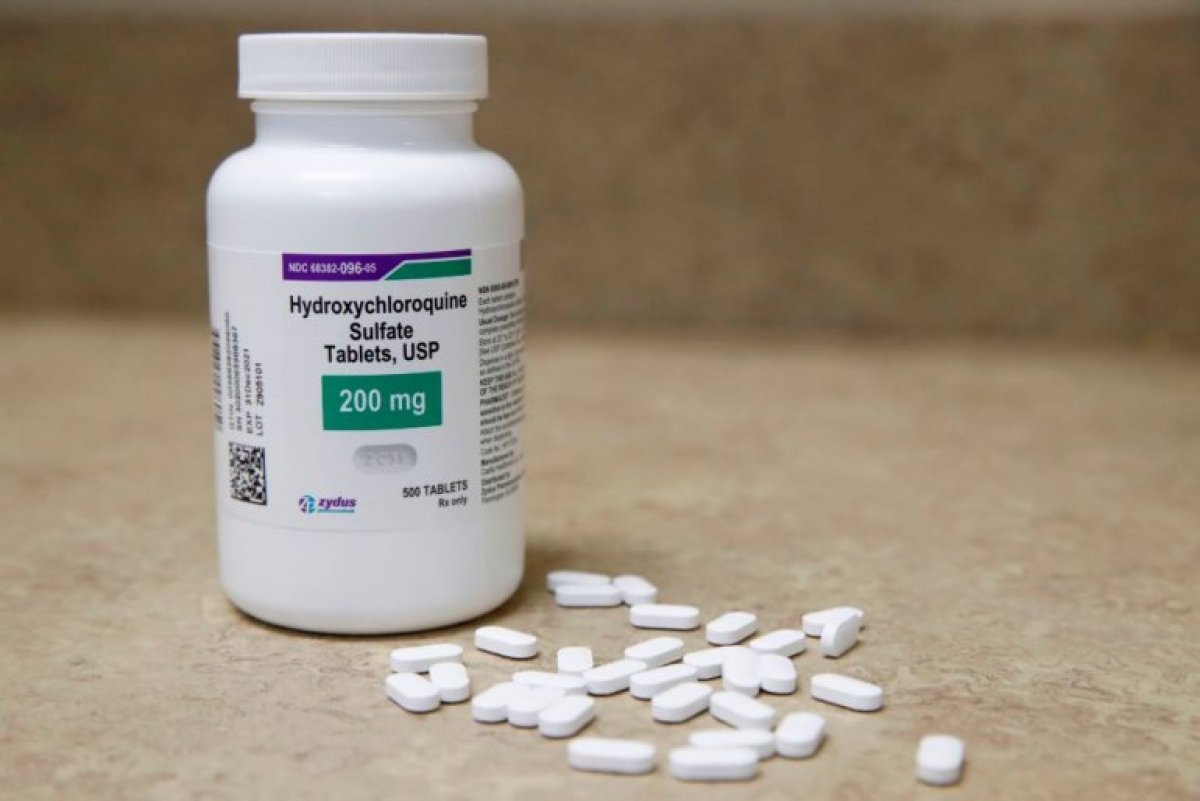Controversial antimalarial drug hydroxychloroquine, which is touted by some world leaders and roundly rejected by others, has helped reduce coronavirus mortalities in hospitalized patients, according to a retrospective study by the International Journal of Infectious Diseases.
The study suggested that coronavirus patients treated with the hydroxychloroquine within the first two days were more likely to survive than patients who received other treatment.
THE DRUG USE SHOWED HELP ON EARLY-STAGE PATIENTS
Published online on Thursday, the study analyzed medical records of 2,541 patients and found that hydroxychloroquine can really help if given during the early stages of contracting the virus and at the right dose. So far, several other studies have not found it useful, and health officials in the US and in many other countries withdrew the drug’s authorization for emergency use.

Patients were given 400 mg of hydroxychloroquine twice on the first day, followed by 200 mg twice a day the following four days, the researchers said.
Marcus Zevos, head of the infectious-diseases divisin for Henry Ford Health System in Detroit, Michigan, and one of the co-authors of the study, told Wall Street Journal that they gave the drug early to patients. “If it’s given late in therapy, it’s going to have relatively more limited benefits,” he said.
The peer-reviewed study found about 13 percent of the patients who received hydroxychloroquine died, compared with 26 percent patients who did not receive the medication.













